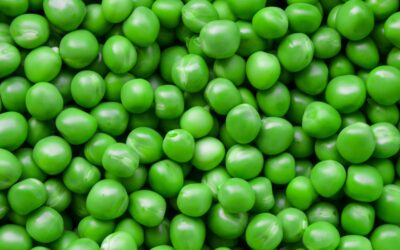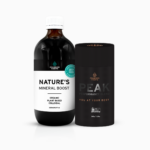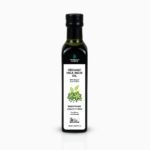It is so blatantly clear that the food you eat affects the environment. You can change the impact on the environment and put a check on climate change just by choosing foods from nature grown without harmful sprays.
Cyndi O’Meara
The huge die-off of bees worldwide, a major threat to crops depending on the honey-making insects for pollination, is not due to any one single factor, the World Organisation for Animal Health (OIE) said on Wednesday.
Parasites, viral and bacterial infections, pesticides, and poor nutrition resulting from the impact of human activities on the environment have all played a role in the decline, the OIE said.
At normal times, bee communities naturally lose around five per cent of their numbers.
But with the syndrome known as colony collapse disorder (CDD), a third, half – sometimes even 90 per cent – of the insects can be wiped out.
In the United States, government figures released last month showed a 29 per cent drop in beehives in 2009, coming on the heels of declines of 36 and 32 per cent in 2008 and 2007.
The mysterious decimation of bee populations in the United States, Europe, Japan and elsewhere in recent years threatens agricultural production worth tens of billions.
“Honey and royal jelly are examples of precious food that we owe to bees but foremost we owe them abundant harvesting of fruits and vegetables since they contribute to pollinate the flowers which will produce the harvest,” said Bernard Vallat, the OIE’s Director General.
“Bees contribute to global food security, and their extinction would represent a terrible biological disaster,” he said in a statement.
By some estimates, around a third of the food on our plates gets there thanks to Apis mellifera.
The global review conducted by OIE experts concluded that “irresponsible use” of pesticides may damage bee health by increasing their susceptibility to different diseases.
Inadequate “biosecurity” – especially protecting against invasive species – and climate change also likely play a role, the experts said.
“Resources to establish increased surveillance and registration processes, inspection, diagnoses and research capacity are missing in many countries and regions of the world,” Wolfgang Ritter, chair the expert panel said.
Earlier research has shown that different bee parasites are active in different parts of the world.
Culprits already identified include a blood-sucking mite called Varroa and a single-celled fungal parasite called Nosema cerenae that causes bee dystentery.
In Europe, a recent intruder – the Asian hornet, Vespa velutina – lurks near hives and captures honey bees in mid-flight, devouring them.
Another suspect is poor nutrition. Mega-farms stripped of hedgerows and wild flowers, along with spreading suburbs, are thought to be depriving bees of a decent diet.
More recently a new pathogen, Varroa jacobsoni, has attacked Apis mellifera in Oceania, and now presents a new threat to beekeeping globally.
Vallat called for more research and adherence to OIE guidelines on biosecurity in trade of bees between countries, a major cause of global contamination.
Source: AAP in On Food, April 29 2010, http://www.onfood.com.au/Articles/tabid/58/articleType/ArticleView/articleId/588/No-single-cause-for-mass-honey-bee-deaths.aspx








Hi, I am a Brisbane based honey and bee lover. I notice that raw honey is not a product that you stock. I have recently started my own raw honey supply business and believe in educating the wider community about REAL raw honey and its benefits as opposed to artificially treated honey.
I have my own hives and also source premium honey from other honey producers. Please check out my website for more information http://www.apiaries8.com.
If you can see any opportunity where you could use the supply of my raw honey and related products, please do not hesitate to contact me. I look forward to hearing from you.
Many thanks, Michelle Vilaysack
Thanks for letting us know Michelle, I’ll pass it onto the Changing Habits 🙂